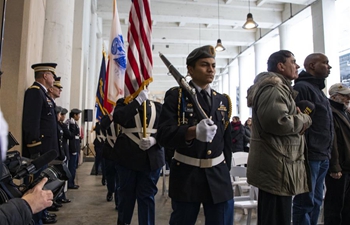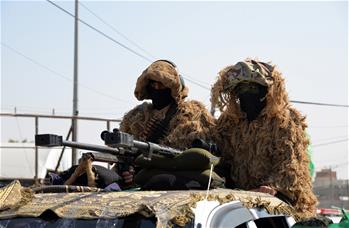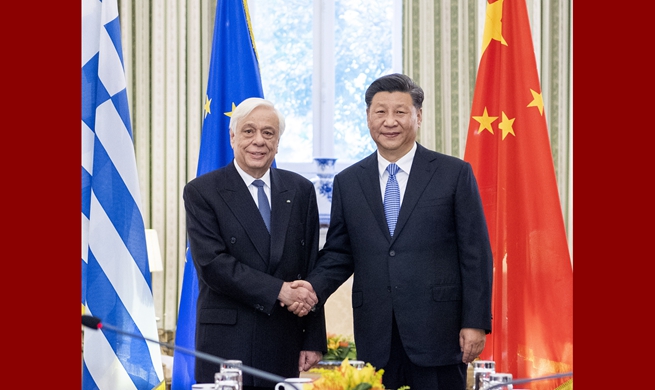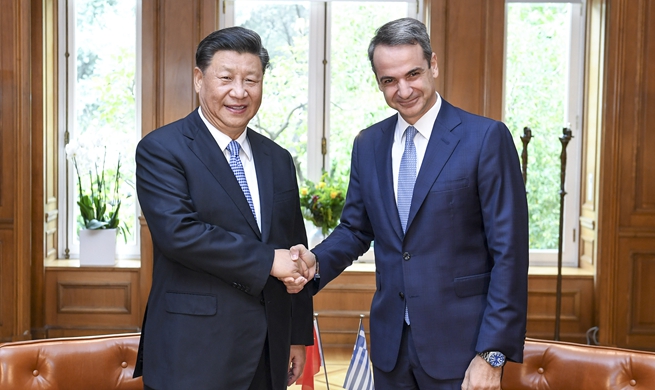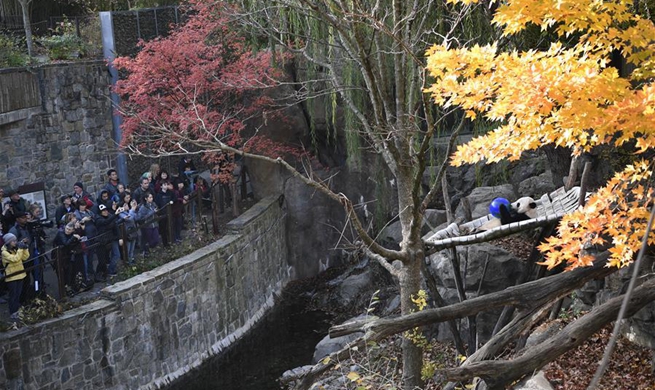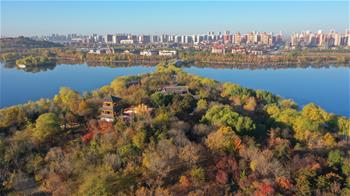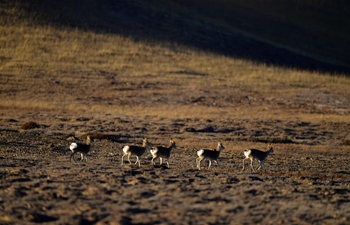by Rene Quenallata Paredes
LA PAZ, Nov. 11 (Xinhua) -- With the Legislative Assembly still in recess and the resignation of President Evo Morales, Bolivia is facing deep political and social uncertainties.
In the capital city of La Paz, fear grows among the residents as looting and unrest continue. Government offices are closed, streets blocked, and many businesses remain shuttered.
Constitutionalist and political scientist Franklin Gutierrez told the Popular Radio Television network that Bolivia is at a crossroads without a government.
Morales, whose re-election victory triggered weeks of protests amid fraud allegations, announced his resignation on Sunday after the military demanded his departure.
Up to now, Morales, Vice President Alvaro Garcia Linera, and the presidents of the Senate and the Chamber of Deputies have only announced their resignations, the expert said, adding that a legal procedure is needed.
He warned that the Movement for Socialism (MAS), which controls two-thirds of the Assembly, has the power to accept or reject the resignation, and to choose a new president of the Senate, so that this person can head the transitional government.
Article 169 of the Bolivian Constitution stipulates that "in case of impediment or definitive absence" of the president, "the president will be replaced in the role" by the vice president, and in the absence of a vice president, by the president of the Senate, and in the absence of a president of the Senate, by the president of the Chamber of Deputies.
"In this final case, new elections will be called within a maximum period of 90 days," it says.
Each of the two chambers of the Assembly has a president, two vice presidents, and secretaries, and these officials could assume the office of president, according to constitutional expert Jose Antonio Rivera.
He said that the Assembly has to be convened so that the president's resignation may be accepted, and it is up to the MAS to achieve a quorum so that the legislative branch can function.
According to local press, at least 50 MAS officials have resigned in the past several days as increasingly violent protesters set ablaze the homes of a number of officials.
In Potosi in south Bolivia, the situation was even more critical. Protestors burned the house of Victor Borda, president of the Chamber of Deputies, and took his brother hostage, which forced him to resign.
Several regional countries, global players as well as the United Nations have urged the various parties in Bolivia to exercise restraint in the wake of Morales' resignation.
UN Secretary-General Antonio Guterres urged all concerned in Bolivia to refrain from violence, reduce tension and exercise maximum restraint, said Stephane Dujarric, Guterres' spokesman, in a statement.
Guterres also called on all actors to abide by international law, notably fundamental human rights principles, said the statement.






